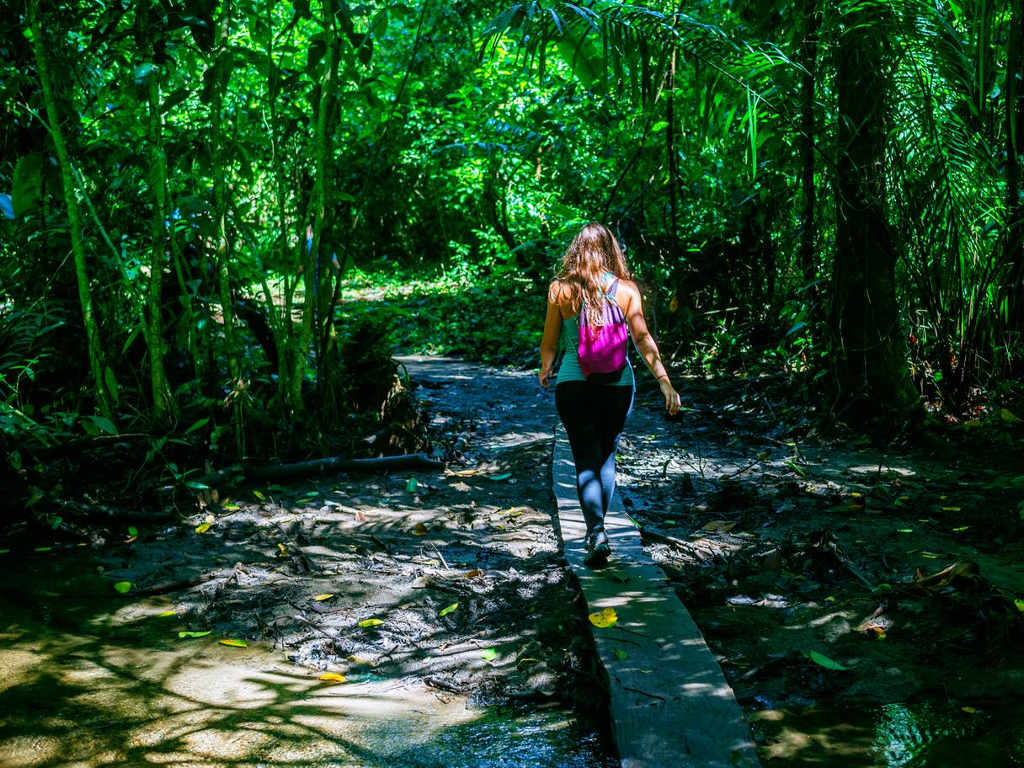Recent headlines about the deadly violence inflicted on women traveling alone have raised questions about how the world is greeting the documented rise in female solo travelers and about the role of social media in promoting the idea that far-off lands are easily accessible and safe.
They have also shone a light on the enduring nature of gender violence worldwide and laid bare how a lone foreign traveler’s cultural and social expectations do not always comport with local views about a woman’s place in the world – and whether she should travel at all.
Thousands of women go abroad every year without incident. Many women experience catcalls and myriad other forms of harassment while traveling; women of color have written about being dismissed or ignored abroad because of their race. And while violence against male tourists is just as devastating, the harrowing experiences of female solo travelers can still shock the senses.
In November last, on a five-day vacation to Costa Rica in November to celebrate her 36th birthday, Carla Stefaniak made sure to get home before dark in her Airbnb in the hills of Escazu. But Stefaniak never boarded her flight home.
In December, the bodies of Louisa Vesterager Jespersen, 24, of Denmark and Maren Ueland, 28, of Norway, were found with knife wounds in their necks in the High Atlas Mountains of Morocco. Danish officials called the murders an act of terror. That same month, Briton Grace Millane disappeared in Auckland, New Zealand, on the night before her 22nd birthday; she was found slain days later. In 2015, a 19-year-old British backpacker was gang-raped by bikers in Thailand. In March, an Australian man was convicted of kidnapping and raping a Belgian traveler seeking work; he had kept her locked up in his pig shed for two days.
There is no question that women face unique risks when traveling solo, experts say.
“We have evidence that shows that women face risks that men don’t face in public spaces, at home, wherever they may be,” says Phumzile Mlambo-Ngcuka, executive director of UN Women, an organization that promotes female equality. Increasingly, “wherever they may be” includes alone in foreign countries.
But she says that violence against female tourists is a thread in the broader fabric of violence against women around the world. And violent episodes are just as likely to occur, experts note, in rich Western nations such as France, Italy and Germany as in the developing world.
“The root cause of this kind of violence against women in communities and in public and private spaces has a lot to do with the underlying gender stereotypes, social norms, entitlement and patriarchy,” Mlambo-Ngcuka says.
The lure of traveling alone
Women have always been explorers on a scale both grand and personal – long before British trailblazer Freya Stark visited inhospitable areas in Turkey and the Middle East and before Irish travel writer Dervla Murphy saw the world on a bicycle.
Today, women’s increased spending power has given them the means to travel more for leisure and adventure. Shifting attitudes in the West about who can travel alone have also added to a growing industry. Social media plays a big part, offering intimate glimpses of far-off lands. A scroll through Instagram hashtags such as #LadiesGoneGlobal, #WeAreTravelGirls and #TheTravelWomen offers millions of photos of women posing on glistening beaches, trekking up mountains and exploring cobblestone streets – a collective and aspirational lure.
Gavios found her passion for traveling solo while studying abroad in college. “I feel like it gives me the luxury of seeing the culture in the way I want to and being able to paint my own experience,” she says.
After college, she traveled to southeast Asia on her own, visiting Thailand in 2016 on a break from teaching English in Vietnam. One evening, she was walking alone after dinner in Krabi, known for its beaches and as a popular hangout for young tourists, when a local man offered to guide her back to her hotel.
The power of preparation
Seasoned solo travelers say that preparation can be the key to minimizing risk. For Cassie DePecol, 29, who in 2017 claimed the Guinness World Record as the first woman on record to travel to every country, traveling alone means having a long list of precautions. The Connecticut-born activist practices Krav Maga, an Israeli self-defense technique. She carries a GPS tracker. She makes sure someone knows where she is at all times.
“Some of these might sound extreme,” she says. “But I attribute having safely traveled alone to 196 countries to these specific procedures.”
DePecol says that gender-based violence is an unfortunate reality for women who travel. “The awareness of needing to always watch our backs when we’re both alone and in public places is something that men don’t necessarily need to be aware of,” she says.
Jessica Nabongo, 34, is on a mission to become the first black woman to visit every country in the world. Born in Detroit, she has been to 158 so far – 54 of them alone – and hopes to complete her journey in October.
Her road map for safety includes trying to stay in hotels with 24-hour security. If she stays in an Airbnb, the host has to have received consistently excellent reviews and achieved “superhost” status. She takes Ubers so that her location is tracked.
Nabongo acknowledged that “we tell women what not to do to avoid being attacked instead of telling men not to attack women.”
The article was adapted from the Independent. Read the original here.

